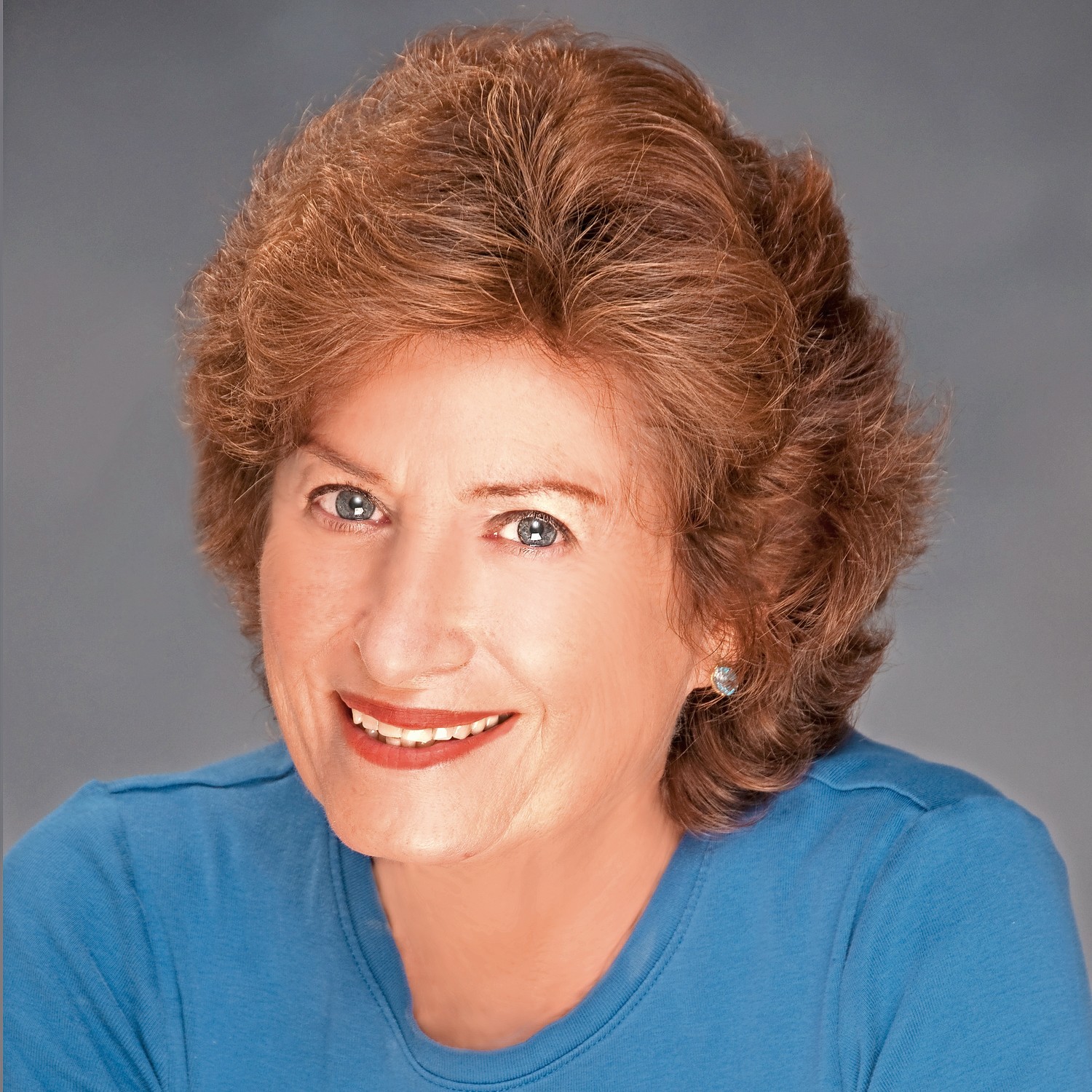As the virus ebbs, rules — and reporting — shift
Who says the coronavirus pandemic isn’t a global emergency anymore?
WHO says. The World Health Organization announced last week that the pandemic is officially no longer an emergency. In practical terms, that means that the intensity of monitoring will change in response to a declining number of cases worldwide.
WHO added, “The virus is evolving and remains a global health threat, but at a lower level of concern.”
Dr. Mike Ryan, executive director of the WHO’s Health Emergencies Programme, said, “We fully expect that this virus will continue to transmit . . . In most cases, pandemics truly end when the next pandemic begins.” He acknowledged that that wasn’t an entirely reassuring observation. Our Centers for Disease Control and Prevention said it would curtail some of its monitoring and reporting on Covid-19, but would “continue to keep our eye on the Covid-19 ball,” according to Dr. Nirav Shah, the CDC’s principal deputy director.
Every day, people are still catching and spreading Covid, and some are hospitalized, and hundreds are dying, thought that’s down from thousands just a year ago. That’s very good news, unless you’re among those who catch the virus on its way out. The obvious but unstated caveat is that the virus is leaving a massive trail of loss and dislocation.
We all want to move on, and pick up our school, travel and job plans, but I look over my shoulder and I see a million reminders that life is both precious and perilous.
As we move forward, I know we can’t go back to the future we expected. We have been changed by these three years of isolation and anxiety. The paths of our children and grandchildren were abruptly blocked, and education in any meaningful sense was altered. Did you see the recent reports on eight-graders’ knowledge of history? Are you reading about the absenteeism and school anxiety and behavioral problems as schools try to get back to business?
Our children and our grandchildren are carrying stuff in their backpacks not appropriate for consumption by minors. Weeks and months of isolation from friends, classroom learning and school routines are losses that will burden them for some time.
We send these kids, whom we claim to love more than life itself, back to schools where they sat as second- or third-graders behind plastic shields. We expect them to somehow set aside the sounds and images of death and dying.
The mental health crisis among kids is well documented and well publicized, but I don’t see that it is being addressed in a robust way across the country. We need a national Peace of Mind Corps that will get out into our communities to offer mental health care where it is needed.
And yes, we must pass gun laws that would alleviate the daily threat of violence in our classrooms. Our kids have enough to carry without that fear. I don’t know that anyone has looked at a possible connection between the pandemic and the shooting epidemic, but both land on children as horrific and scary facts of life over which they have absolutely no control.
Some people I know feel cheated by the pandemic. People in their 70s and 80s, approaching retirement and planning to use their free time to explore other activities, found themselves locked down for three years, and often locked away from family and friends. One friend said to me, “Losing three years of being out in the world is painful anytime, but losing those years when you’re older is sad.”
There are too many what-ifs surrounding Covid-19 to count. If then President Donald Trump had moved faster against the threat, we might have avoided the catastrophic losses. If officials hadn’t put politics before common-sense protocols like masking and universal vaccinations, lives would have been saved. If we hadn’t evolved into a society where science became suspect, more Americans would have survived.
But here we are. Even as we grieve our losses, we can support the agencies and services that provide mental health care to children and teens. We can do two things at once: honor the dead and support the living.
Copyright 2023 Randi Kreiss. Randi can be reached at randik3@aol.com.

 39.0°,
Fair
39.0°,
Fair 




